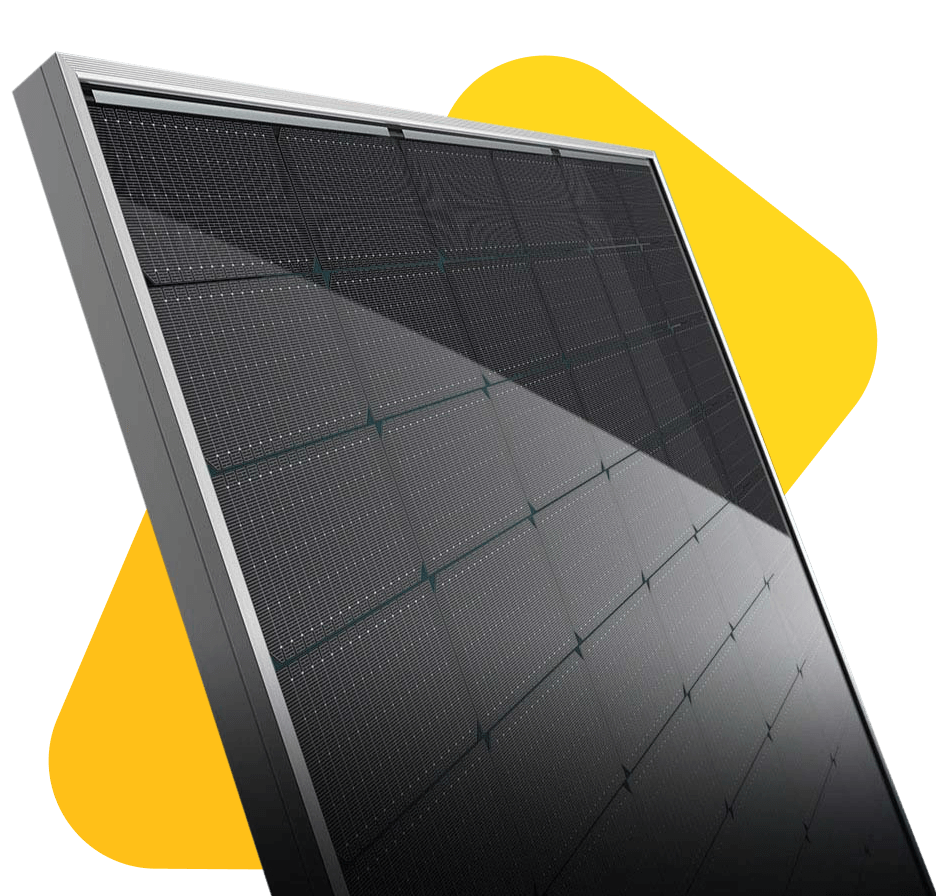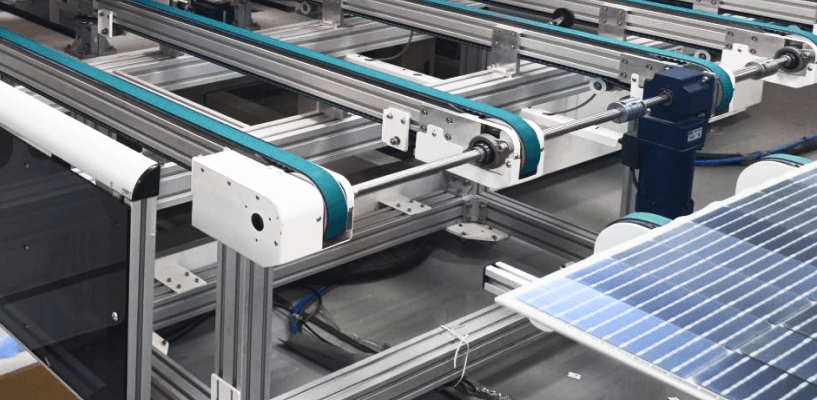
Max+ Series N-Type TopCon
APS solar panels are meticulously designed using premium-grade solar cells from globally recognized suppliers, ensuring top-tier performance and reliability. Available in both polycrystalline and monocrystalline variants, these panels are optimized for maximum energy output, with power ranges from 260W to 650W. Our state-of-the-art production processes ensure each panel undergoes stringent quality checks, meeting international standards for consistent, long-lasting performance.
Enquire nowProduct Features
Highly Efficient Array of Solar PV Modules

High standards of design & quality control
Highly reliable and enhanced crack tolerant cells to minimize micro-cracks
Positive tolerance that delivers reliable higher output
High concentrated Photovoltaic cells for better conversion efficiency
IP68 Split Junction box with 3 bypass diodes
Split twin peak junction boxes with special heat dissipation design for minimizing leakage current performance
Bifacial Dual Glass PV Modules with high PID resistance
High PV Energy yields even under low light and cloudy conditions
Premium quality Raw Materials and advanced manufacturing processes to guarantee reliability
Download Product Details
-
Datasheets -
Certificates -
User Manual

Uncompromising Quality Checks
Our advanced production methods ensure that every solar PV module meets strict international quality standards, guaranteeing reliable and long-lasting performance. Before shipment, each solar product undergoes thorough visual inspection and electrical testing. Once the quality check is completed, the panels are carefully dispatched to our customers
We Have Certified PV Modules
All APS solar PV modules undergo stringent quality testing and are certified to meet international standards, including BIS approval. Our panels and inverters are BIS-ALMM approved and certified by ISO, MNRE, IEC, and IAF, reflecting our commitment to excellence
Application
- 30-year Performance Warranty And 12-year Product Warranty*
- Up To 5% Positive Tolerance For Increased Energy Yield
- Efficiency Ranging From 15.50% To 23.06%, Suited For Diverse Climates
- Premium Solar Cells From Global Suppliers For Superior Performance
- IP68 Split Junction box with 3 bypass diodes
- Anti-reflective Coated Glass For Better Power Output
- Multi-busbar Technology For Enhanced Reliability
- Rigorous Pre- And Post-EL Checks For Defect-free Modules
- Advanced Crack-tolerant Design To Reduce Micro-cracks
- Bifacial Dual Glass PV Module
- MNRE-ALMM Approved For Quality Assurance
- Utilizes Half Cut Cells For Optimized Output
- Split Twin Peak Junction Boxes For Effective Heat Dissipation
- High Resistance To Potential-induced Degradation (PID)
Solar Panel Warranty & Registration
We provide 30 years panel performance warranty and 12 years product warranty on APS manufactured solar panels. For more information, read the whole warranty policy carefully.
Help &
Support
Solar panels absorb sunlight and convert it into direct current (DC) electricity, which is then converted to alternating current (AC) by an inverter for household use.
Yes, India receives abundant sunlight throughout the year, making solar panels an efficient energy source, especially in areas with clear skies and high solar irradiance. This is why solar panels offer high returns on investment, making them a lucrative option for long-term investments.
Solar panels work on cloudy days, though at a reduced efficiency. They still generate power from diffused sunlight but perform best under direct sunlight.
Solar panels typically last 25-30 years with proper maintenance. Their performance may degrade slightly over time but still produce a significant amount of electricity.
Net metering allows solar panel owners to send excess electricity back to the grid, earning credits that can offset future electricity bills.







